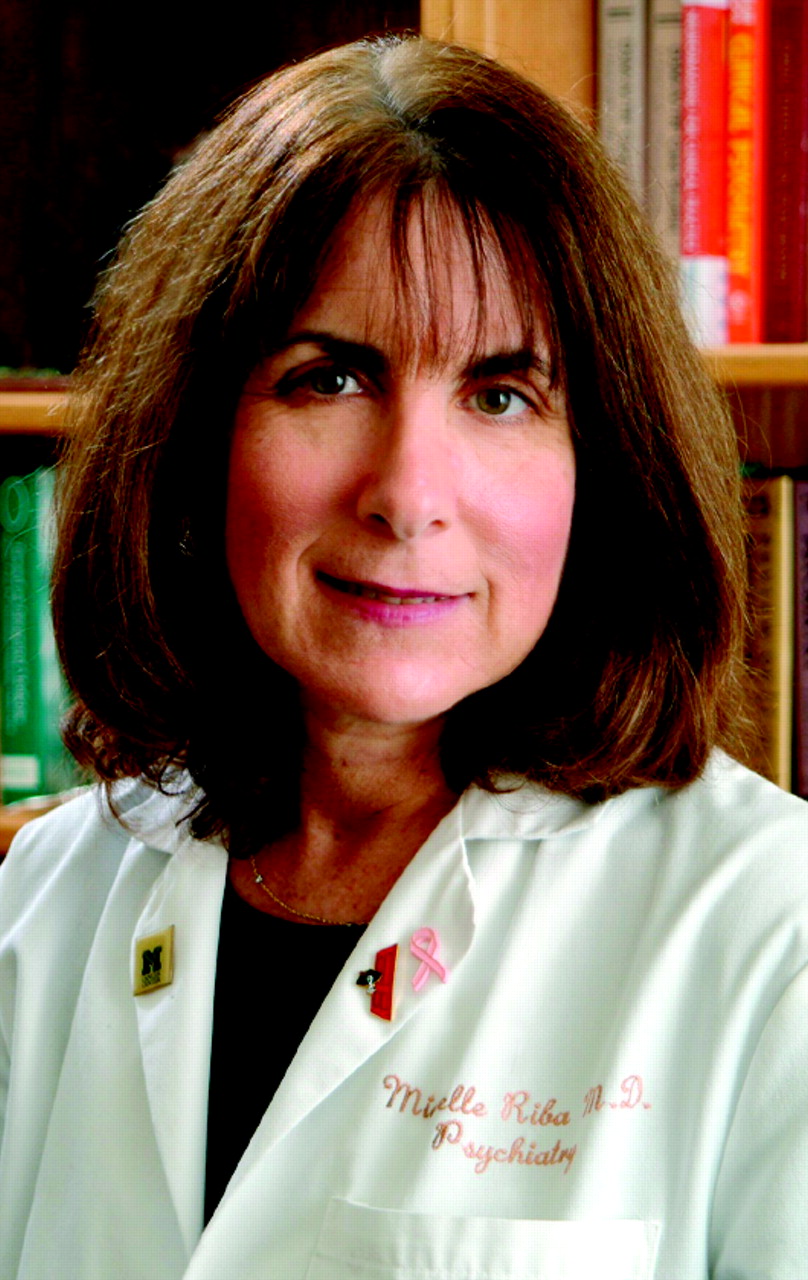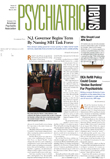This will be my final column as your APA president. It has been a privilege and honor to serve you this past year. I have learned a lot and would like to take this opportunity to thank you and share with you some of the important“ teaching points” I learned.
• Ask for help. You will get it.
There have been many times throughout this year when I have needed advice, support, and help with certain projects, plans, and ideas. We, in APA, are fortunate to have talented and giving members who are always ready to extend a helping hand.
For example, as the controversy unfolded over the use of antidepressants in children in the past year, many child and adolescent psychiatrists came forward to lend their wisdom and experience regarding the best approaches to addressing the myriad problems that arose. APA leaders, members, and staff, along with the American Academy of Child and Adolescent Psychiatry (AACAP) and patient advocacy groups, stood ready with their expertise. One of the results was the development of educational materials for patients, families, and clinicians now available at<
http://parentsmedguide.org/>. I especially want to thank Dr. David Fassler, Dr. Darrel Regier, and the members of the APA-AACAP task force that developed the educational materials, along with APA staff Eugene Cassel, Nick Meyers, Paula Johnson, and Lydia Sermons-Ward.
• Be proud of our APA medical director and APA staff.
We are the best in the business. Under the direction of Dr. Jay Scully, we have a superbly run APA. I have had the great opportunity to work with staff in every department of APA, and I was continually impressed by their knowledge and dedication. But in addition to Jay, in particular I'd like to thank his staff—Rosalind Keitt, Sandra Moore, and Alec Soto—and the staff in the Department of Association Governance—Margaret Dewar, Laurie McQueen, Carol Lewis, Yoshie Davison, Ardell Lockerman, and Alexandra Braslavskaya. These are the people who worked with me almost every day during my presidency—and a lot of late nights as well!
• Our education programs are superb—let's build on this strength.
Under the leadership of Dr. Deborah Hales, assisted by Kathleen Debenham and Nancy Delanoche, we are extremely proud of the Education Summit that brought together leaders in psychiatric education last month to develop a strategic plan for medical education in psychiatry. (A report on the summit will appear in the next issue.) Our new CME journal, Focus, is highly regarded. Our annual meetings, under the direction of Cathy Nash and with the support of an amazing staff—Jill Gruber, Vernetta Copeland, Gwynne Jackson, Joan Hoy, Olga Damschen, and others—continue to be highly valued by not only our members but also psychiatrists throughout the world.
• Our leaders are hardworking, dedicated colleagues.
We need to treasure our leaders. Members of APA's Assembly and Board of Trustees and district branch and state association officers, executive directors, and staff are all working to help our patients. We have a streamlined governance, and we are working hard to achieve better outcomes for our patients and our profession. We recognize the importance of APA as the leading voice for American psychiatry and are unified in trying to make sure that we are heard by policy-makers, funding agencies, and others regarding the important academic, clinical, and educational needs of our members and our patients.
• APA's affiliated organizations are providing us with a depth and breadth to our organization that are remarkable.
These organizations include the American Psychiatric Institute for Research and Education (APIRE), American Psychiatric Publishing Inc. (APPI), and the American Psychiatric Foundation (APF). They provide an incredible richness and diversity to our programs and capabilities. My thanks to the leaders of these organizations—for APIRE, Dr. Herb Pardes and Dr. Darrel Regier; for APPI, Dr. Tom Wise, Dr. Bob Hales, and Ron McMillen; and for APF, Dr. Altha Stewart and Steve Rubloff.
• We are the sum of our parts.
Our allied psychiatric organizations and advocacy groups make APA stronger, so that we can speak for all of psychiatry and our patients. I will not name the groups because there are so many, and space is limited, but they all contribute in important ways to APA's ability to address the many issues that impact patient care and access, the profession of psychiatry, psychiatric education, research, public education, and more.
I want to thank you, our members, for helping me do my job throughout the year. Many of you sent e-mails, called, and wrote letters to let me know what was important to you and to your patients. You identified issues that you believed APA needed to review so that you could fight harder and smarter with your local legislators and other groups. I know that many of you volunteered precious time to work on behalf of APA—on both the national and local levels—and for that I sincerely thank you.
There is still much to do. We will be in the excellent hands of Dr. Steven Sharfstein as our next APA president. Thank you for an incredible year.▪

